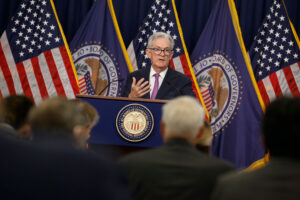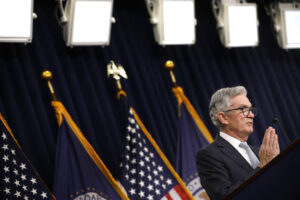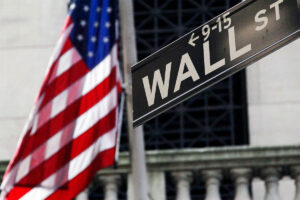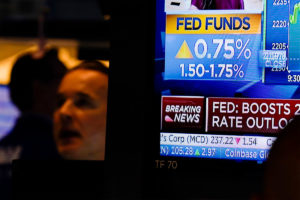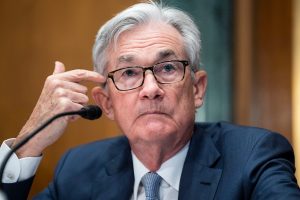
Opinion | As We Ring In 2024, Can the U.S. Economy Continue to Avoid a Recession?
With economic forecasters rewriting their 2024 outlooks following recent moves from the Federal Reserve, financial economists D. Brian Blank and Brandy Hadley share their thoughts on the upcoming year.

